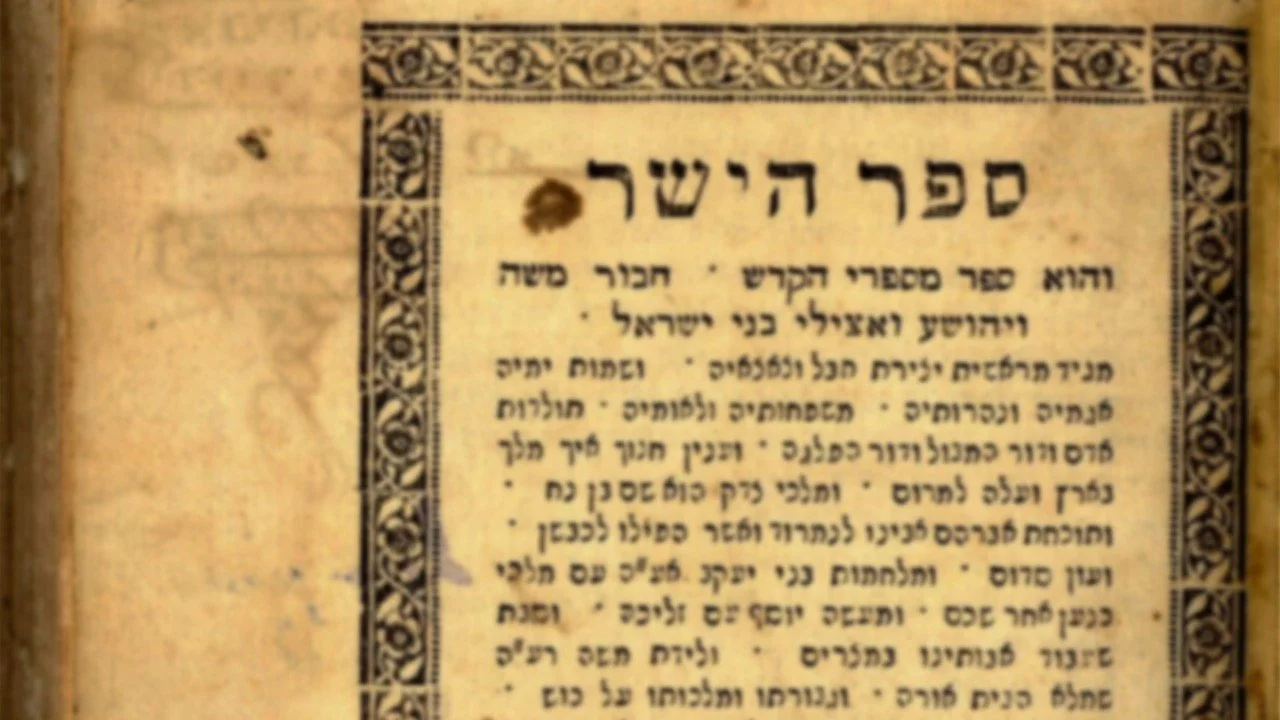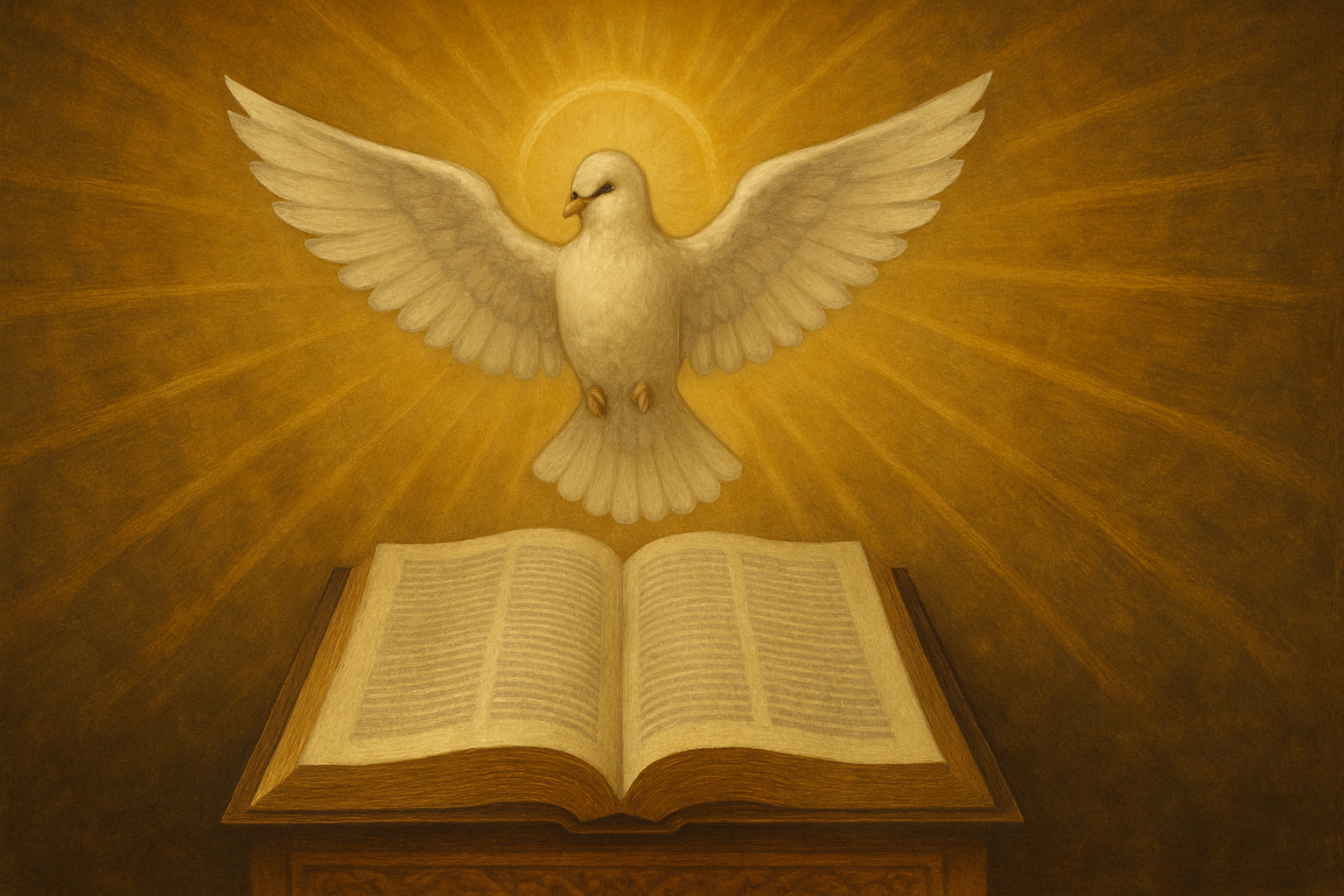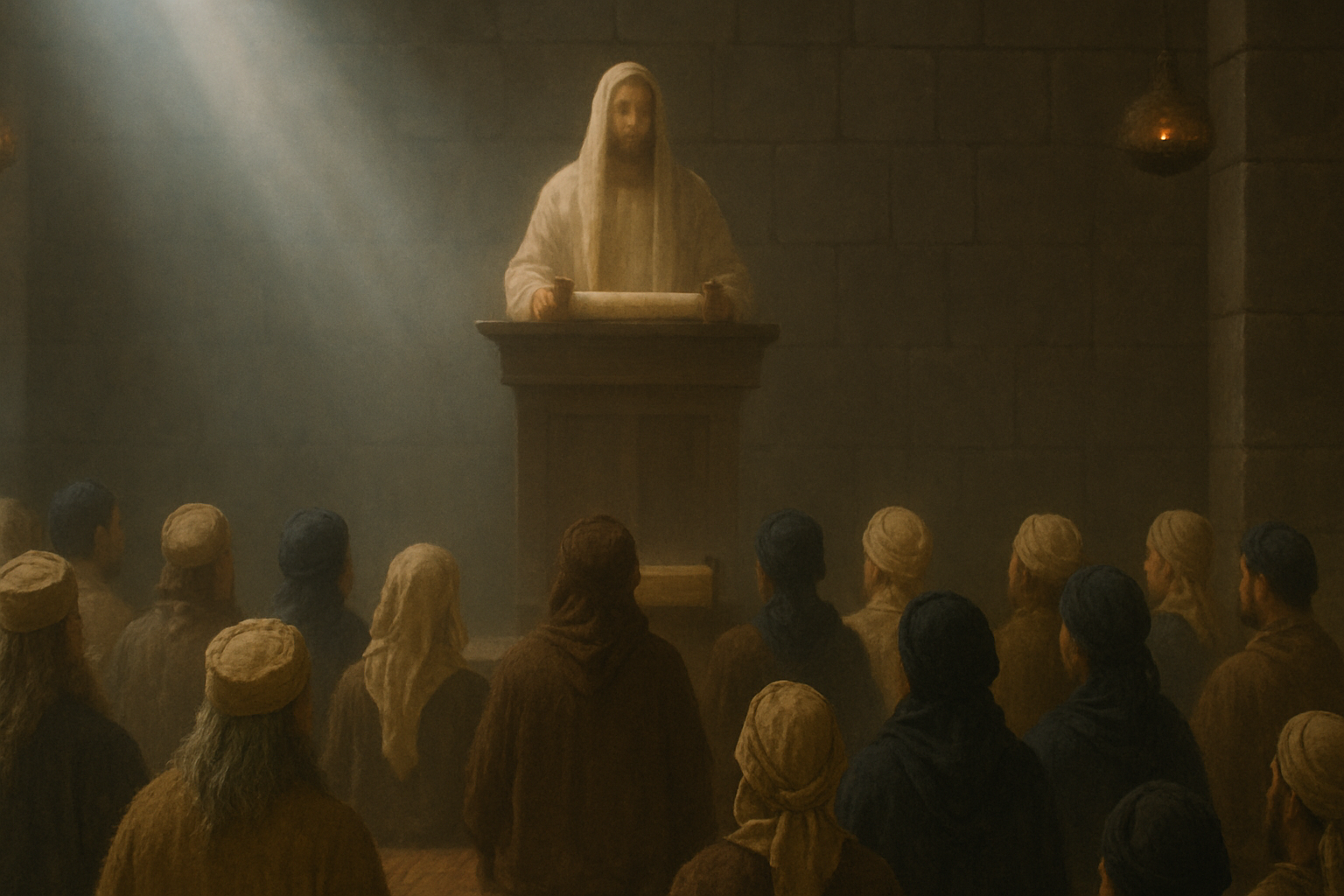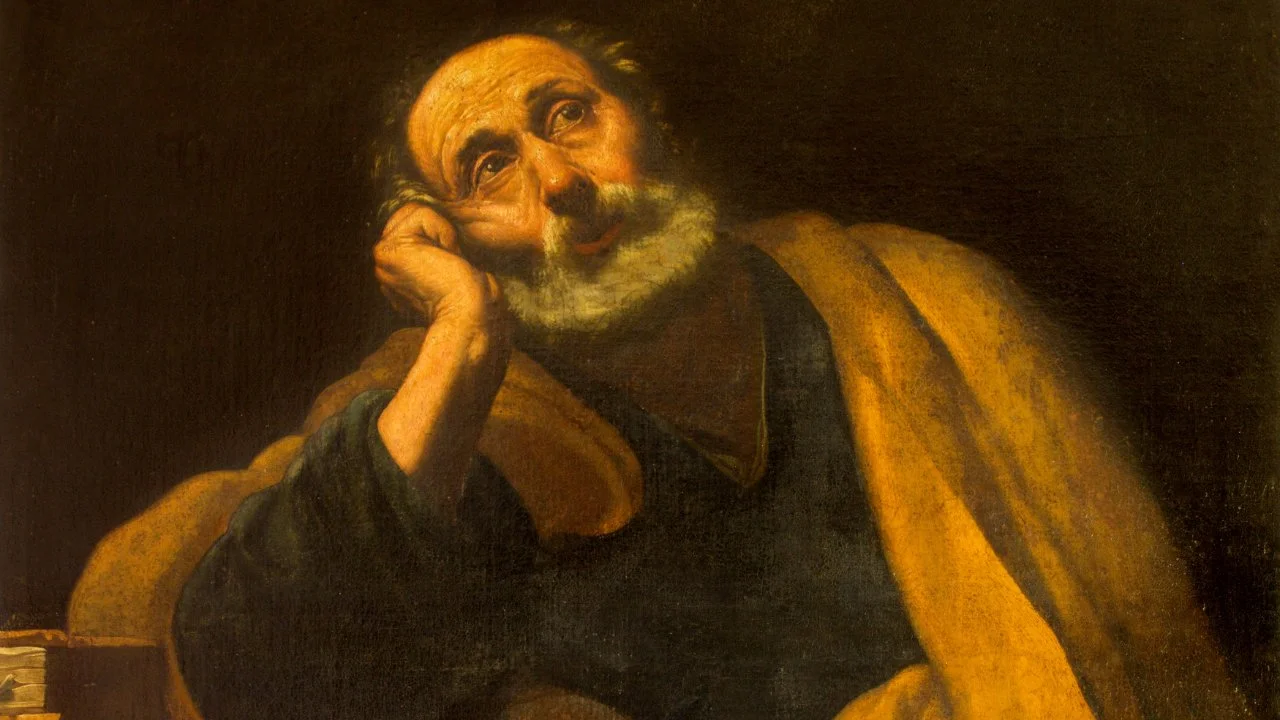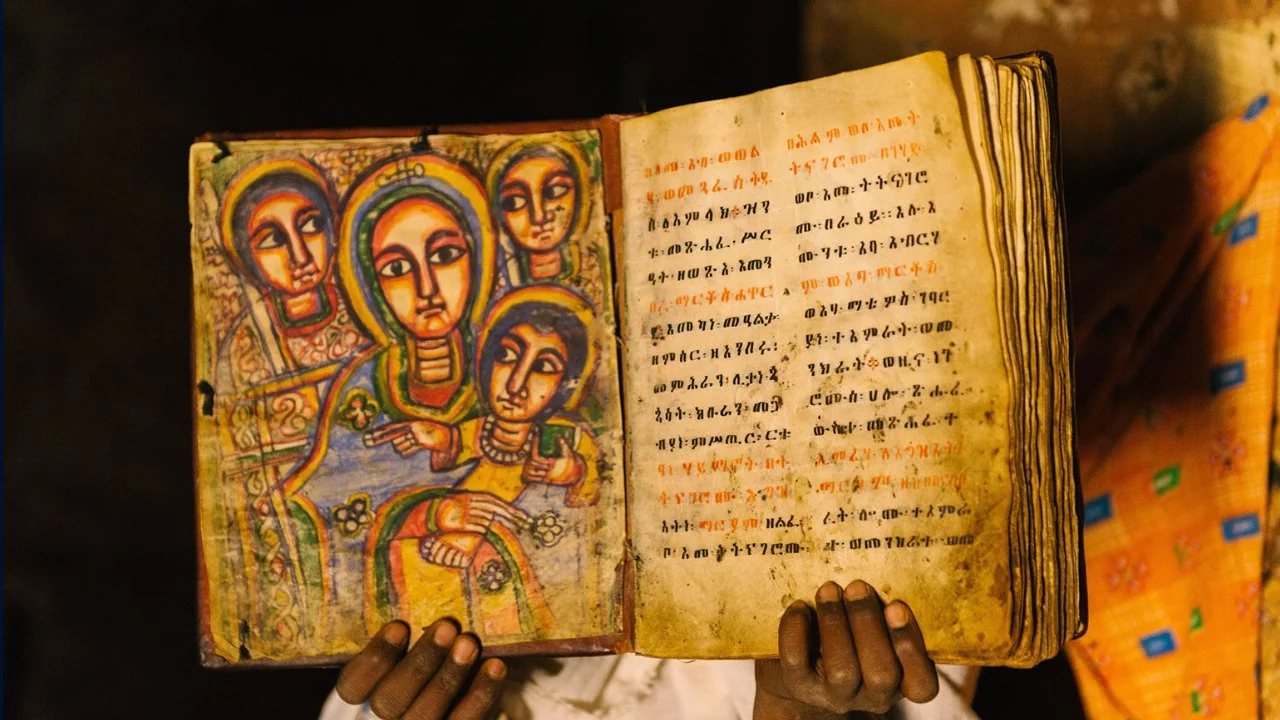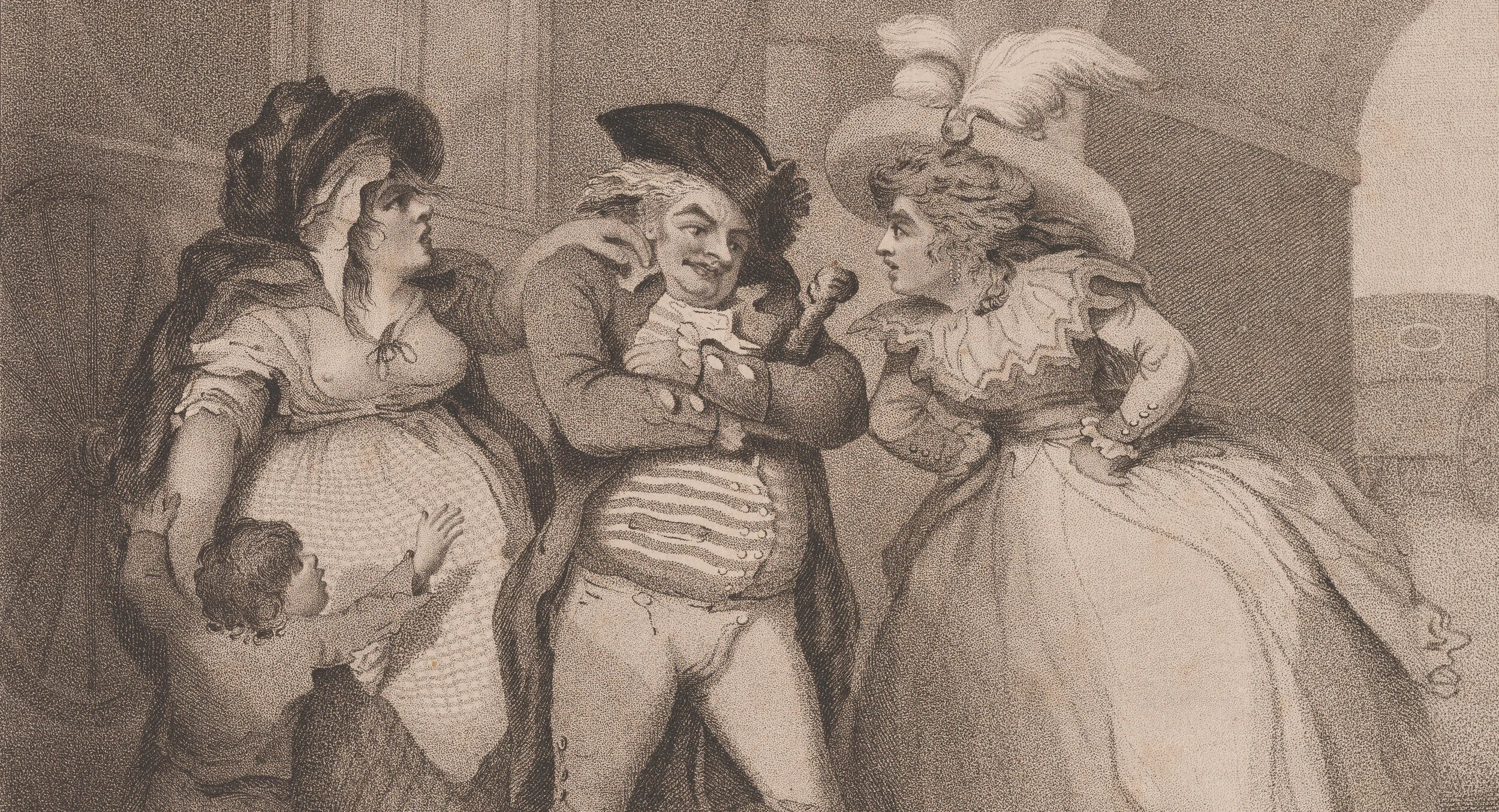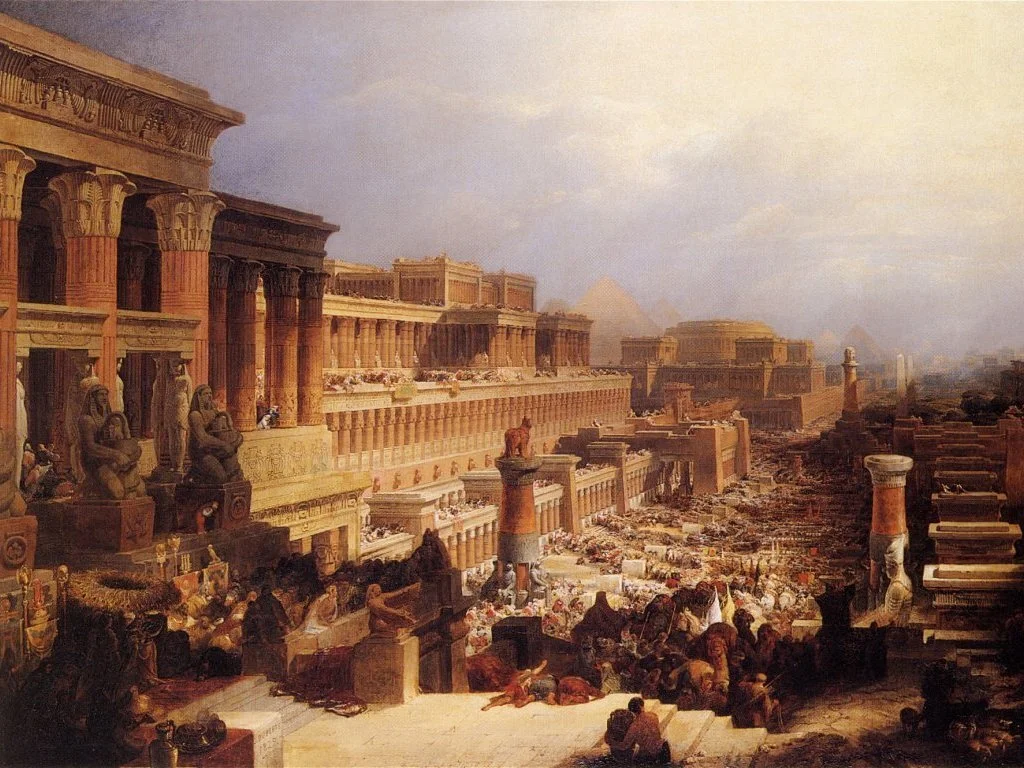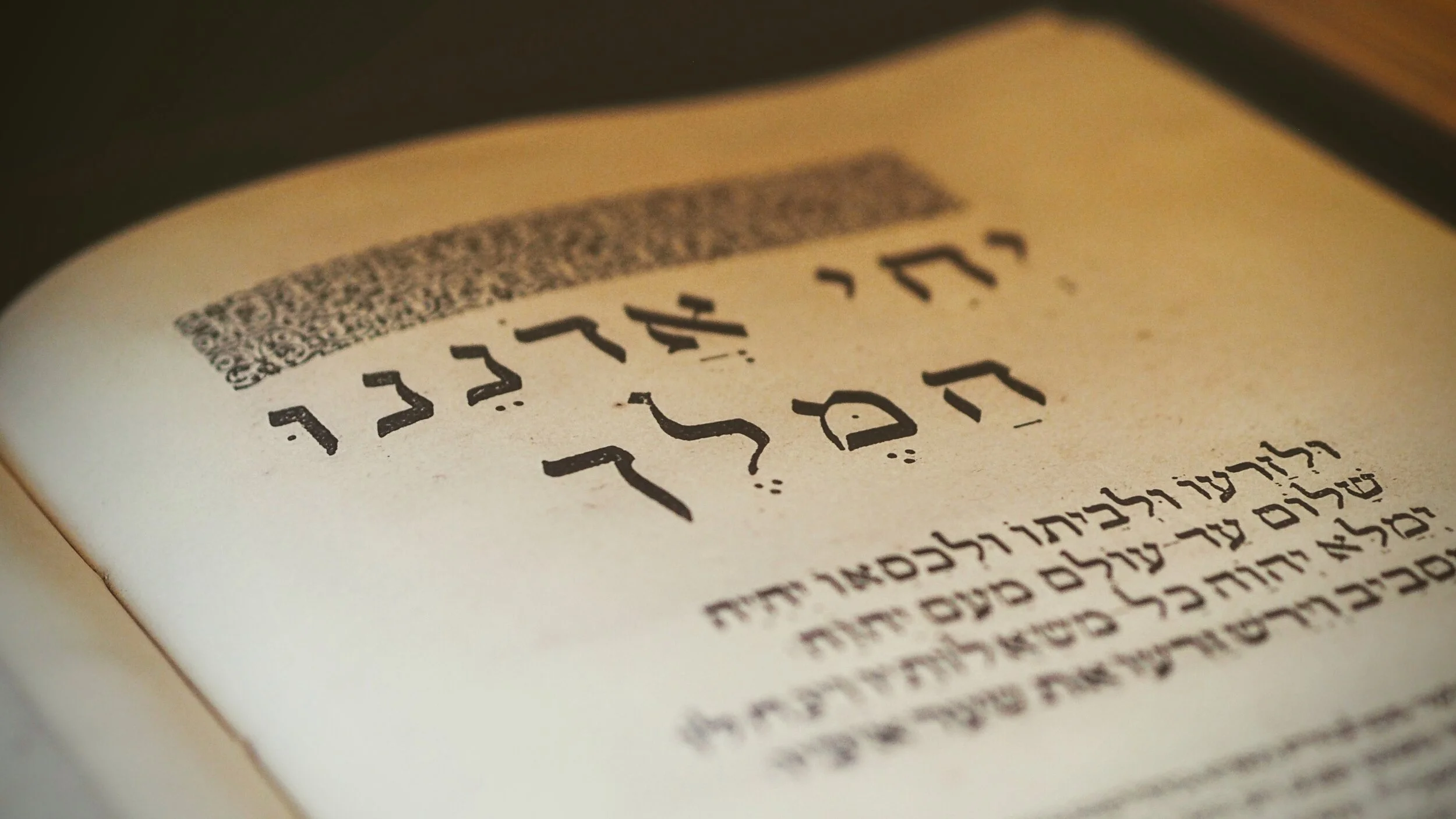Author: David Wilber
Christmas is celebrated every year on December 25 by millions of people around the world. Christians and non-Christians alike fully embrace the holiday season, observing many of its traditions, such as Christmas trees, mistletoe, Santa Claus, and of course gift giving. Does the Bible offer any insight into whether or not Christians should celebrate this holiday?
To some, it might seem silly to even ask the question. After all, Christmas commemorates the birth of the Messiah, Yeshua (Jesus)! Why wouldn’t we as Christians celebrate it? But you might be surprised to discover that Christians have been debating whether or not to celebrate Christmas for centuries. For instance, the Puritans actually banned the celebration of Christmas in the seventeenth century. And for many years there has been controversy even within some Protestant denominations regarding how Christmas should be observed. Christian preacher Charles Spurgeon, the “Prince of Preachers” himself, once had this to say about Christmas:
Certainly we do not believe in the present ecclesiastical arrangement called Christmas: first, because we do not believe in the mass at all, but abhor it, whether it be said or sung in Latin or in English; and, secondly, because we find no scriptural warrant whatever for observing any day as the birthday of the Savior; and, consequently, its observance is a superstition, because not of divine authority.
The controversy surrounding Christmas has somewhat been put to bed for most Christians in modern times. If a pastor of any modern Christian church echoed Spurgeon’s sentiments today, he would most likely be called a “Scrooge” and a legalist. Nevertheless, the debate doesn’t appear to be over. A growing number of Christians today are saying goodbye to this beloved holiday. Let’s take a closer look at Christmas and ask ourselves if this holiday should have a place in our lives as believers.
Celebrating The Messiah
First, I would like to point out the limits of the question we are considering in this article. The question is, “Should Christians celebrate Christmas?” The question is not, “Should Christians celebrate the birth of Christ?” Christians should absolutely celebrate the birth of Christ. That’s something we can do every day. We don’t need Christmas trees, elves, or reindeer to do that. Celebrating the birth of Yeshua is not dependent upon a holiday. That’s not to say that God is against holidays. On the contrary! We are never instructed to celebrate Christmas, but God does tell us to celebrate several holidays in the Bible (e.g., Leviticus 23). And what’s amazing about these biblical holidays is that they’re all about the Messiah.
Here is a quick summary of how each of these biblical holidays connects to Yeshua:
Passover/Unleavened Bread symbolizes Yeshua’s death (1 Corinthians 5:7-8).
Firstfruits symbolizes Yeshua’s resurrection (1 Corinthians 15:20).
Shavuot (more commonly known as Pentecost) is the day on which God poured out the Holy Spirit on the disciples (Acts 2:1-4).
Yom Teruah/Rosh HaShanah (Day of Trumpets) points to Yeshua’s Second Coming, which occurs at the sound of the trumpet (see Matthew 24:31; 1 Corinthians 15:52; 1 Thessalonians 4:16; Revelation 11:15).
Yom Kippur (Day of Atonement) points to the final judgment of the world.
Sukkot (Feast of Tabernacles) points to the ingathering of the nations, wedding supper of the Lamb, and the future dwelling of God on earth (Zechariah 14:16-19, Revelation 7:9; 21:2).
Truly, if we want a holiday to celebrate the gift of Messiah, we already have seven that come straight out of the Bible. In addition to pointing to future prophetic events, Sukkot is also the perfect opportunity to celebrate Yeshua’s birth. Messianic theologian Tim Hegg explains:
I celebrate the birth of Messiah as never before, but I have come to understand that Christmas and the birth of Messiah have nothing in common. Contrary to the popular Christmas carol, Christ was not born on Christmas day. I personally feel that the Festival of Booths (Sukkot) is best suited to remember the “dwelling of God with man,” both historically and eschatologically. I have found it very encouraging, while sitting in the Sukkah, to consider the love of God displayed in sending His own dear Son to dwell with me in my humble and temporary abode. What is more, Sukkot adds to the celebration of Christ’s incarnation the hope of His future dwelling upon the earth, a time when all the nations will celebrate the festival.
What Would Yeshua Do?
Yeshua and the apostles never celebrated Christmas—a holiday invented centuries later—but they did celebrate the biblical holy days mentioned earlier. Indeed, the biblical holy days, in addition to the weekly Sabbath day, remained central practices of the faith of the apostles long after the resurrection of Yeshua (Acts 2:1; 18:21; 20:16; Acts 27:9). The apostle Paul even instructed Jewish and Gentile Christians at the church of Corinth to observe Passover (1 Corinthians 5:7-8).
In addition to the holy days in Leviticus 23, Yeshua celebrated another holiday—one that occurs right around the “Christmas season.” The Gospel of John records that Yeshua went to the Temple for the Feast of Dedication [Hanukkah]:
At that time the Feast of Dedication took place at Jerusalem. It was winter, and Jesus was walking in the temple, in the colonnade of Solomon. (John 10:22-23)
Hanukkah is an amazing celebration that commemorates the rededication of the holy Temple in Jerusalem. As believers, we can follow Yeshua’s example by celebrating this feast. During this holiday, we remember not only the victory of the Maccabees, but also the victory we have in our Messiah. Indeed, just as God worked through a small group of Jewish believers to take back the Temple of God and defeat the forces of evil in their day, Yeshua took back our personal “temples” from the enemy and dedicated us to God. The Hanukkah season is all about a righteous group of believers who refused to turn away from God’s ways—a message desperately needed in our modern culture of compromise!
As we’ve seen, we already have a ton of options when it comes to holidays celebrating our Messiah. And contrary to Christmas, these holidays have a basis in the Bible and the lifestyles of the apostles. But what about Christmas?
Pagan Origins?
One consideration that people have when they begin to question whether they should celebrate Christmas is the claim that it has pagan origins. Is this true? The answer to that question is a definite, absolute…maybe. The truth is that the origins of Christmas are uncertain. When you look into the topic, you’ll discover different credible theories. Some historians have suggested that certain Christmas symbols and customs were adopted from practices associated with various pagan holidays. However, it should be noted that other scholars and researchers have disputed these popular claims.
After studying what scholars say about the origins of Christmas, if one becomes convinced that the holiday is indeed mixed with pagan customs, an argument could be made that one should reject the holiday from that basis. God commands us not to imitate the ways of pagans in our worship of Him (Deuteronomy 12:29-32; 18:9-12; 20:17-18). Thus, it could be argued that incorporating traditions that were associated with pagan celebrations into our celebration of the Messiah’s birth would be offensive to the Lord. This argument is perhaps worthy of prayerful consideration. Many Christians have decided that they do not have peace participating in Christmas if there is a possibility that some traditions have their roots in pagan celebrations. This isn’t a legalistic attitude, but one that comes from a sincere heart to please God. Therefore, it should be respected.
However, in the world of social media and Internet memes, unfortunately a lot of misinformation surrounds this topic. You might see people claim that Christmas on December 25 actually originates with the Babylonian god Tammuz, who is said to be the child of Nimrod and Semiramis, and that all pagan practices can be traced back to this story. Much of this information was fabricated by a man named Alexander Hislop in a book called The Two Babylons. Hislop’s claims have been widely discredited by scholars, but many people still post memes and YouTube teachings based on his work. Many people on the Internet make additional sensational claims like that the Christmas tree is an ancient pagan phallic symbol of the sun god or that the ornaments on the Christmas tree represent the testicles of a Babylonian deity. We need to be careful that we are not spreading a “false report” (Exodus 23:1). Before sharing an article or video, we must check the facts. After all, we are called to share the truth (Ephesians 4:25). We hurt our credibility when we share false information.
What About Santa Claus?
According to tradition, Santa Claus can be traced back to an early church bishop named Saint Nicholas. His kindness and generosity became the subject of many legends, eventually evolving into the popular Santa Claus figure we know today. Nowadays it is taught that Santa Claus is an all-knowing being with magical powers who flies around the world on Christmas Eve to give presents to good children. Lying to our children about the existence of such a supernatural being is obviously problematic. We shouldn’t try to convince children that nonexistent supernatural beings exist and will reward them for good behavior. If you’d lied to them about the existence of Santa, why should they believe you about the existence of God?
In addition to the Santa Claus myth being problematic, it is also a distraction from Yeshua. Instead of focusing on the birth of our Savior and the Gospel message, many Christians instead focus on myths about magical beings and presents. Even if specific Christmas traditions aren’t rooted in paganism, the myths and commercialism associated with the holiday may present issues. For many, Christmas is no longer observed as a celebration of Messiah. Many good Christian leaders have taught about “putting Christ back in Christmas” and focusing on what’s true and important during this holiday. But do these efforts make a difference? And is this holiday really worth saving anyway? These are questions we should ask ourselves.
Conclusion
The question of pagan origins with regard to Christmas traditions is a worthy investigation. However, instead of focusing primarily on whether or not a holiday has pagan origins, we should approach this question the same way Charles Spurgeon did: Is it in the Bible? And if not, is it worth doing? Spurgeon puts it this way:
When it can be proved that the observance of Christmas, Whitsuntide, and other Popish festivals was ever instituted by a divine statute, we also will attend to them, but not till then. It is as much our duty to reject the traditions of men, as to observe the ordinances of the Lord. We ask concerning every rite and rubric, "Is this a law of the God of Jacob?" and if it be not clearly so, it is of no authority with us, who walk in Christian liberty.
Clearly, Christmas is not a biblical holiday. But is it worth doing? We’ve already seen that Christmas as a holiday celebrating the Messiah is unnecessary. We don’t need Christmas to celebrate the birth of the Messiah. We can do that every day. And indeed, we have several biblical holidays every year designed for that very purpose, which I believe are much more spiritually and historically edifying. It’s a tragedy that the biblical holy days have basically been replaced by holidays like Christmas in the lives of most believers.
Given that it is unnecessary and that there are better (and biblical) options for holidays celebrating the Messiah, I personally don’t think it’s worth doing. Hence, my family does not celebrate Christmas. We have found the biblical holy days to be much more meaningful. But as Christians, we each need to prayerfully consider this matter and come to our own conclusions. May the Lord guide His people as we seek to honor Him in all areas of our lives, including holiday celebrations. May He keep us humble as we grow in knowledge so that we don’t condemn or look down on other sincere believers. Ultimately, may He draw us near to Himself and conform us into the image of His Son, Yeshua.
About David Wilber
David is first and foremost a passionate follower of Yeshua the Messiah. He is also a writer, speaker, and teacher.
David’s heart is to minister to God’s people by helping them rediscover the validity and blessing of God’s Torah and help prepare them to give an answer to anyone who asks about the hope within them (1 Peter 3:15)…


